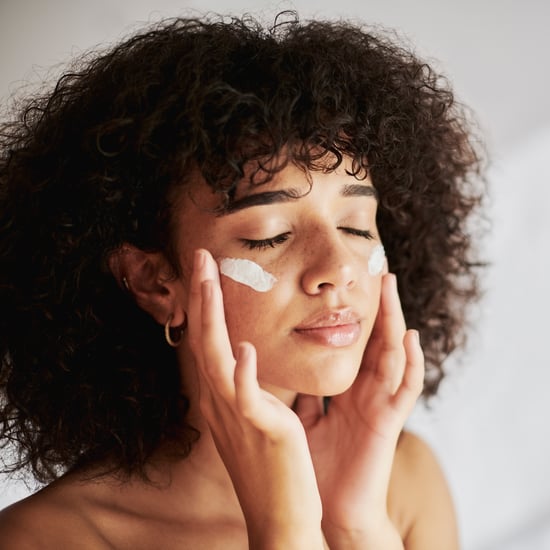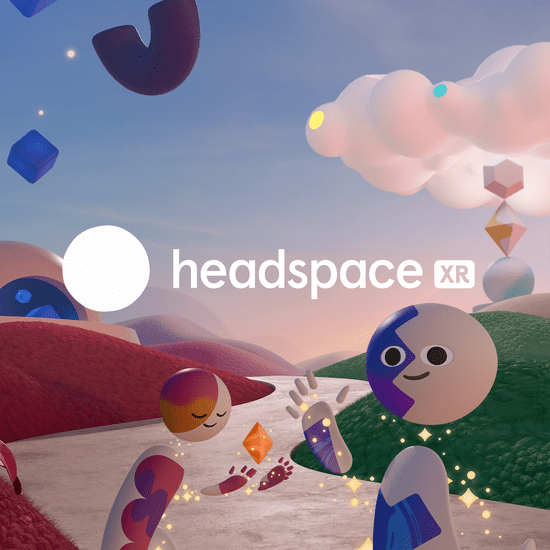Q&A on Gen Z, Social Media, and Mental Health
Depression and Anxiety Are on the Rise in Young People, but Is Social Media to Blame?

In the digital era, it feels as though every second of our lives has to be documented. You can't open Instagram or Facebook without being flooded with images of fans swaying at a music festival or a tearful couple finding out the sex of their baby in an extravagant reveal. The ease with which you can snap a photo and post it may cause you to focus more on sharing your happiness than savoring it. But that's not the only way our device-driven culture can be damageing.
"When my anxiety gets really bad, I have to post a selfie. If it gets a lot of love, I feel 10 times better, but if it doesn't get much attention, I feel even worse," one friend told me. Another friend shared that being constantly inundated with messages is overwhelming. "Sometimes seeing all of my email and text notifications stresses me out so badly that I wish I didn't even have a phone. But I panic anytime I leave it somewhere," she said. A third admitted that she feels chained to the screen: "It's gotten to the point where I can't even go to the toilet without taking a device with me."
If screens and social media are this central to the lives of millennial women, you can imagine the hold they must have on Generation Z, the first to come of age in this era. Americans spend an average of 11 hours each day interacting with some form of media, with those ages 18 to 34 spending nearly a third of that time on their phones. At the same time, adolescents and young adults are suffering from mood disorders and suicidal thoughts in greater numbers than any previous generation — a trend experts believe may have something to do with the way they relate to the world around them.
Still, some doctors — including Kevin Gilliland, PsyD, a licenced clinical psychologist and executive director of Innovation360 — feel that the effects of screens and social media are highly individual. POPSUGAR asked Dr. Gilliland how to reclaim control and even find what he believes we're all searching for: authentic connection.
POPSUGAR: In this digital age, data is being hurled at us constantly, from school and work emails to app notifications to the alluring spotlight of social media. How does this affect our mental health?
Dr. Kevin Gilliland: Never before in our history have humans been hit with information at such extreme volumes and from multiple angles. There is such pressure to be engaged with the world all of the time that we are losing depth. It's nearly impossible to focus on any one conversation or activity because there's always something else ready to grab our attention. We often feel like we have to stay connected to the world, and then we wonder why we feel lonelier than ever. It's because likes and comments aren't the same as looking at a friend you intimately know and sharing a moment with them.
"We wonder why we feel lonelier than ever. It's because likes and comments aren't the same as looking at a friend you intimately know and sharing a moment with them."
PS: Selfie lights and photo-editing apps mean that we often exist in a filtered subreality. How might this affect our self-image, as well as our perception of the world?
KG: We have known for decades that magazines and media present certain images that create a challenge for our identities. But we are making that challenge greater because social media appears to be more intimate and personal, yet we're presenting it as more polished. It's real life, or so it seems, yet it isn't at all. This can absolutely fan the flames of insecurity and comparison, and it is especially confusing for the younger generation.
PS: Unlike most millennials, Gen Z has grown up on smartphones and social media. Is the threat even greater for those in this younger set?
KG: We're seeing some trending upwards of anxiety and depression across generations, but in the 10-to-24 age group, suicide is now the second leading cause of death. They've grown up with smartphones and social media. Because of this, many of them have social anxiety. Intimate conversations and eye contact can be scary and strange for some because they're so accustomed to communicating with screens. It's also an age where there is more vulnerability to comparison as well as pressure to maintain a certain appearance, which social media can absolutely aggravate.
PS: Is it possible that the digital age has contributed to the increased suicide rate?
KG: As a psychologist who depends upon research, I honestly don't think my colleagues and I can yet answer that question. We have heard from individuals who claim social media was the final straw that led them to contemplating taking their own life. However, there are also people who claim to have felt connected and heard for the first time in their lives because of social media. There are opportunities for both extremes.
PS: How can people change the way they approach social media and lessen the toll it can take?
KG: Self-evaluation and monitoring are essential. We must ask ourselves: when I spend time on social media, how do I feel afterwards? If social media is compromising your sense of self and your confidence, you need to become more mindful of the people you follow and the things you engage with, as well as the amount of time spent doing it. When we're at home in front of our televisions, we have hundreds of channels to go to, and we change from one to the other anytime we see something we don't like. Think about social media that way. Don't follow channels that pull the quality out of your own life.
"Social media doesn't have to be negative at all, if you monitor your relationship with it. Let your screen time inspire your life, but don't let it become your life."
PS: Studies show that sharing our thoughts and feelings on social media, and garnering attention and likes, triggers the release of the reward chemical dopamine. Are we addicted to that validation?
KG: Social media is essentially neutral, just like many other things people often become addicted to. There is no doubt that there is danger in the addictive chemical releases we are getting from engageing on social media all day, day after day. Likes and shares can make us feel high, and we can begin to rely on that activity to give us the boost we may believe we need to feel good, but then, over time, we start letting it define us. The validation we get from social media is only a temporary feeling of having had real connection with someone, but then we're just living in the shadow of the real thing. The truth is that social media doesn't have to be negative at all, if you monitor your relationship with it. Let your screen time inspire your life, but don't let it become your life.
PS: How can we use screen time to improve our quality of life?
KG: We need to stop looking for popular online platforms to be a place to find self-worth or for an escape from the realities of living. We should see something someone is doing online and be inspired to travel to that place, or build that thing, or make that recipe. It should open up some sort of new vista for us to become more excited about our own lives, but it should never pull us out of living.







